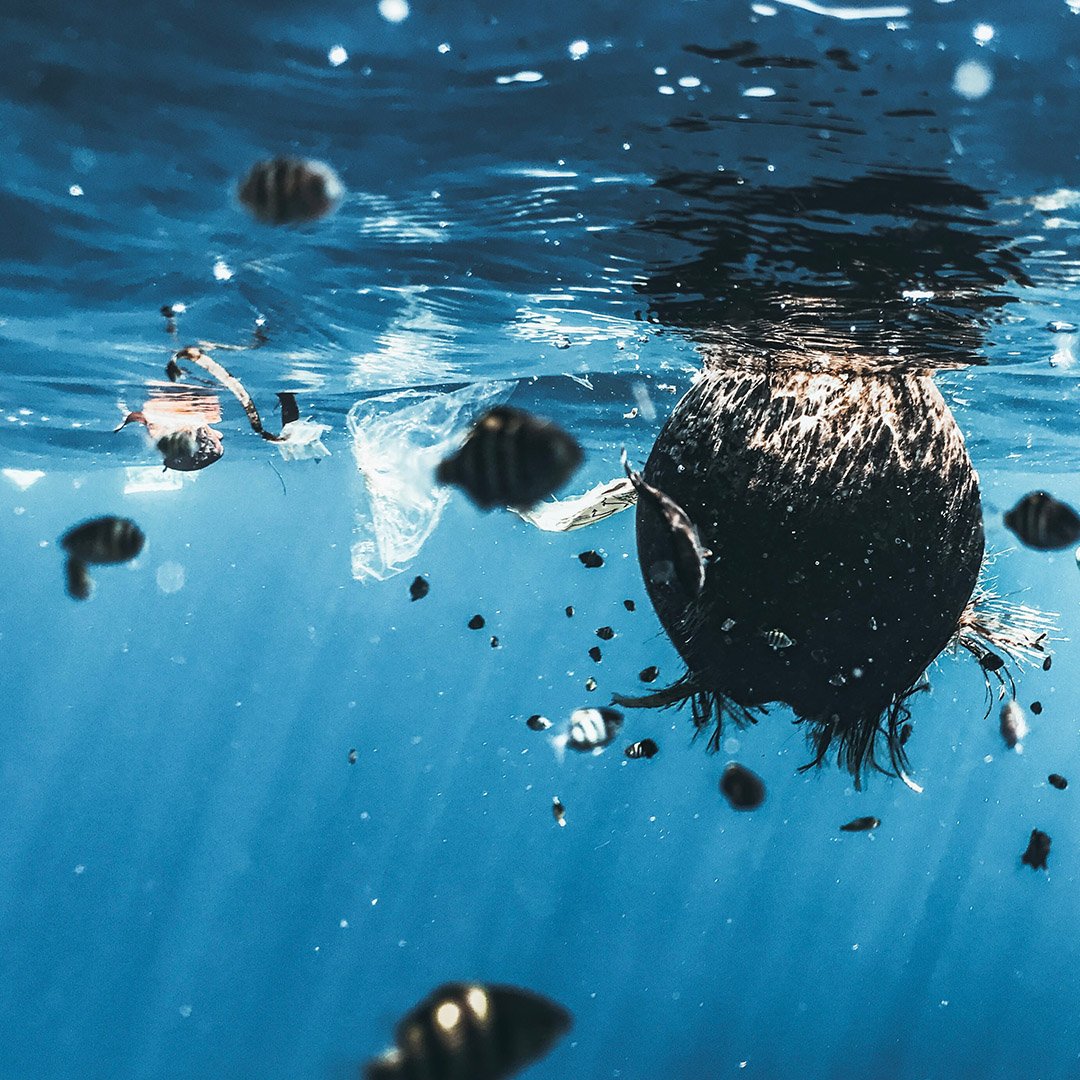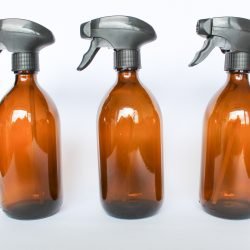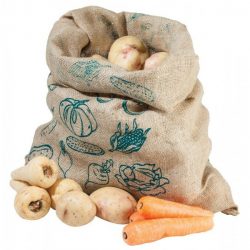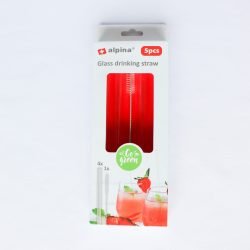Every year in The Netherlands, May is a plastic-free month.
Mei Plasticvrij.
It’s a month dedicated to raise our awareness on the impact of our plastic consumption on the environment.
Which is huge.
(Did you know that one truck full of plastic ends up in the oceans every minute?)
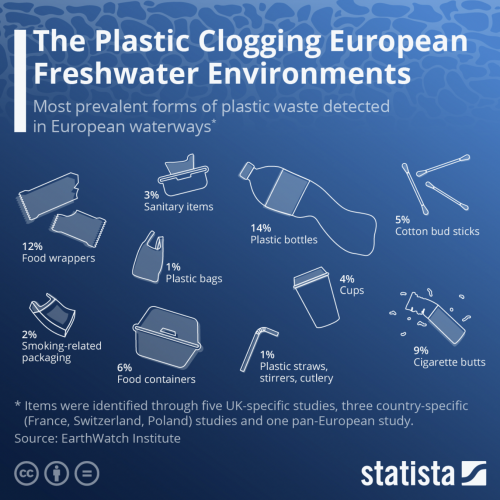
The problem is, plastic doesn’t break down but disintegrates into microplastics, which end up in the air, soil and water (that then reaches us and other animals). In fact, researchers have found microplastics in placentas and newborns!
There’s no doubt we are all more conscious about these things. So these monthly initiatives are a great way to guide us better in the path of a healthier, prettier and more compassionate plastic-free life.
It’s when a critical mass is reached that important shifts start happening.
Albert Heijn, for example, one of the Netherlands’ major supermarket chains, recently discontinued plastic bags for fruit and vegetables and will later introduce more zero-waste packaging stations for certain products, including pasta, tea and muesli.
That’s great news!
There are many things we can start doing to construct a better future together.
As we always point out, small hinges swing big doors.
So start where you are! Here are some handy tips that can help you out in your plastic-free journey.
3 tips to live a more plastic-free life
Refuse single-use
This is a fairly easy step you can take! Simply swap plastic bottles (the water in them contain 50% more microplastics than tap water!) for a reusable one. Also, it’s best to avoid disposable cups and use your own thermos instead (say goodbye to that morning on-the-go coffee!). The same applies to plastic bags: choose a cloth tote one or recycled one in replacement. As the 7R Framework advises, Rethink, Refuse and Reuse! Other great hacks? Use organic cotton wraps in lieu of plastic or aluminum, skip the plastic produce bag and store leftovers in glass jars.
Be prepared everywhere, anytime
You want to be plastic-free when you’re on the go. In that way you avoid falling into some plastic traps you may encounter away from home. For example, by bringing your own cutlery and reusable straw. We have some great on-the-go packs you can check out! Related to the previous point: Always have a reusable shopping bag handy. Put one in your car, one in your handbag and one in your bike. Arm yourself against plastic bags when you make impulse purchases! Also, choosing solid shampoos and conditioners (traveling or not) is a better alternative than liquid ones that usually come in plastic containers (and contain harmful ingredients).
Be a conscious consumer
It’s good to be more alert about the products you choose to buy: where do they come from? How are they produced and where? Are workers involved in the process paid justly? Are the materials or components organic? Can you spot toxins in the labels? And, of course: is there plastic present? Or is the brand involved in any plastic-free initiative or gives donations to a plastic-free cause?
Being a conscious consumer means having more control about the things you choose to bring into your life, be it a quick snack or a pair of shoes. Some actions you can take in this direction are for example: choosing products, such as cleaning products, in refillable packaging; creating a plastic-free wardrobe by purchasing natural fabrics like cotton and wool; and supporting small and local brands with a green heart: they are cooler and more ethical than massive ones (that usually contaminate, use toxic ingredients and produce huge amounts of waste).

